Chalmers vows billions of dollars will buy lower inflation
On the eve of major tax cuts and new energy bill rebates, Jim Chalmers has vowed billions of dollars in energy price relief from federal and state budgets will help the nation beat inflation.
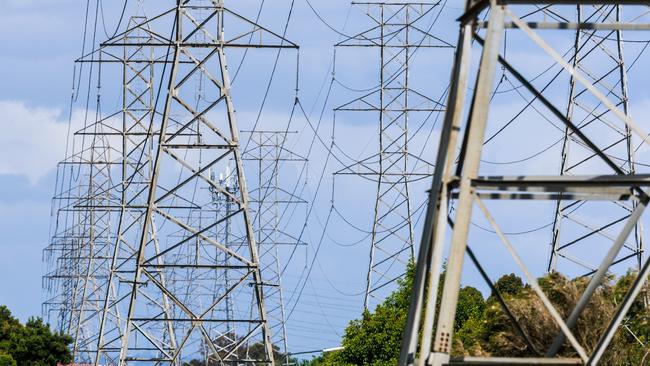
Jim Chalmers has vowed billions of dollars in energy price relief from federal and state budgets will help the nation beat inflation, as a new government report predicted a $30bn drop in Australia’s coal and LNG exports earnings and warned Middle East conflict could send oil prices soaring and damage the world economy.
Days after the Department of Finance’s monthly fiscal update showed Labor’s second surplus was already tracking well ahead of the May 14 budget, official forecasts revealed falling prices for LNG, iron ore and coal would slash $60bn off Australia’s commodity export earnings in 2024-25.
And in an echo of the 2022 Russian invasion of Ukraine, which sent global energy markets into crisis, the report highlighted the risk of “a broadening in the Hamas-Israel conflict, which could disrupt Middle East oil/LNG supply and raise prices, hurting the world economy”.
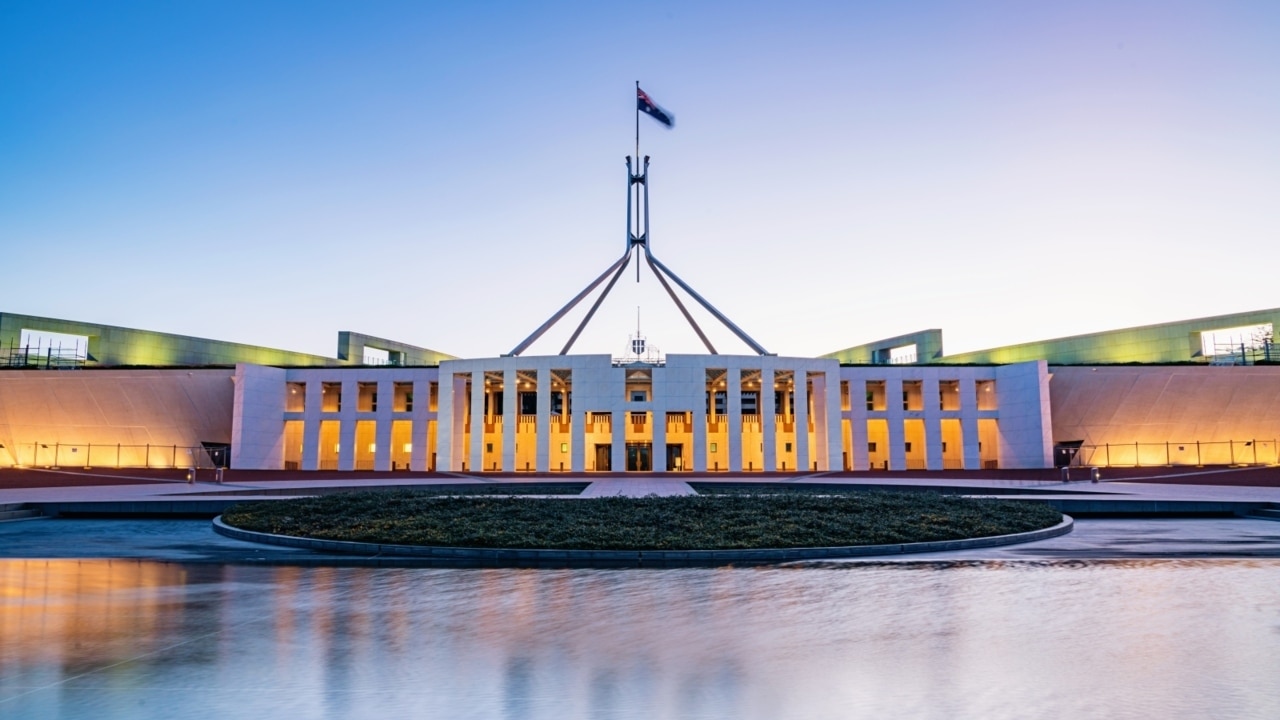
The economic warning came as Israeli Prime Minister Benjamin Netanyahu considers striking the Hezbollah terror group in Lebanon overs its stepping-up of attacks on the Jewish homeland’s southern border and Hezbollah’s backers, Iran, promised an “obliterating war” if a bigger conflict breaks out.
On the eve of the start of $23bn in tax cuts flowing through to workers, the Treasurer repeatedly rebuffed concerns that this year’s reacceleration of price pressures would be worsened by generous cost of living measures in the new financial year.
“We’re confident about the future trajectory of inflation, but we’re not complacent about it”, Dr Chalmers, as he backed in budget forecasts that energy rebates would help drive consumer price growth down from 4 per cent to below 3 per cent by the end of this year.
“We’ve seen in energy bills, we’ve seen in childcare, we’ve seen in rent assistance that even though prices have been rising, they would have risen by much, much more were it not for the way that we’ve designed our policies,” Dr Chalmers said.
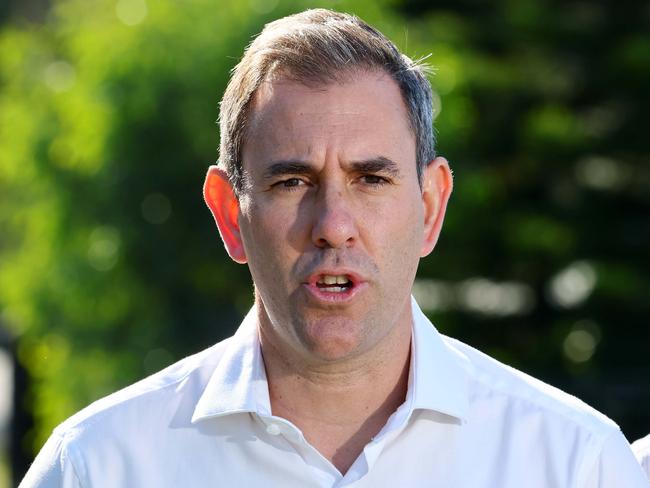
“And so going forward, we expect our policies to continue to be helpful in the fight against inflation, even though we recognise right now that inflation is higher than anyone would like,” he said.
Dr Chalmers’ comments come ahead of the release Tuesday of minutes from the most recent RBA board meeting, when board members in their statement for the first time flagged concerns that big spending federal and state budgets were adding to demand.
Contrary to claims by Dr Chalmers that government actions can play a role in ridding the economy of inflation, RBA deputy governor Andrew Hauser last week declared “there’s nobody other than the central bank, ultimately, that can anchor inflation in the long run”.
Dr Hauser quoted the adage that “inflation is always and everywhere a monetary phenomenon”, or in other words, inflation is caused by too much money chasing too few goods.
“Should we give up on monetary policy and try something else? No, because that will end in failure,” he said.
The Sunshine State’s $3.7bn cost of living relief package also includes 50-cent tickets on all public transport from six months from August 5.
Despite these concerns, Dr Chalmers told Sky News he “welcomed” Queensland’s budget cash splash, which included an extraordinary $1000 energy bill relief for every household, as well as a range of other sweeteners for voters ahead of an October election the Labor state government is expected to lose.
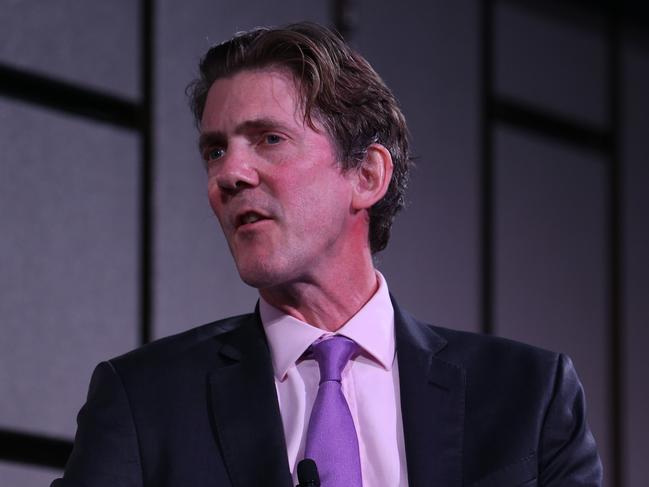
“I welcome the assistance from the state governments, including here in the great state of Queensland, because they recognise, as we do, that people are doing it tough, and we have a responsibility to help where we responsibly can. I’m confident that they’re doing that the right way,” he said.
Voters’ perceptions of the Albanese government’s economic record would suffer a major blow if the Reserve Bank is forced to restart its damaging interest rate hike cycle, with financial markets pricing in a roughly 40 per cent chance of an increase at the next board meeting in early August.
The Australian Bureau of Statistics has found that energy subsidies and boosted rental assistance payments have helped reduce price increases for these essentials.
For example, electricity bills lifted by 6.5 per cent in the year to May, but would have climbed by 14.5 per cent without the rebates, the ABS has calculated.
Former RBA board member Warwick McKibbin, however, has labelled these arguments a “political trick”, with other leading economists, including Chris Richardson, warning that the government largesse will ultimately keep inflation – and interest rates – higher for longer by adding to demand when the economy is still operating above capacity.
Ahead of a second winter parliamentary sitting week, the Coalition upped its attacks on the government’s record on household power bills, claiming they were as much as $1000 higher than promised at the last election.
Labor took power after telling Australians that its renewable energy plans would cut household electricity costs by $275 by 2025.
Instead, a typical power bill for a NSW household had jumped by between $600 and $800 versus 2020-21, which was the last full financial year under the previous government.
The average Queensland and South Australian household had endured a similar increase over the two years, according to the Coalition’s analysis. In Queensland, typical electricity bills were up a lower $150-$380 across Victoria, but still a far cry from the big drop promised by Anthony Albanese.
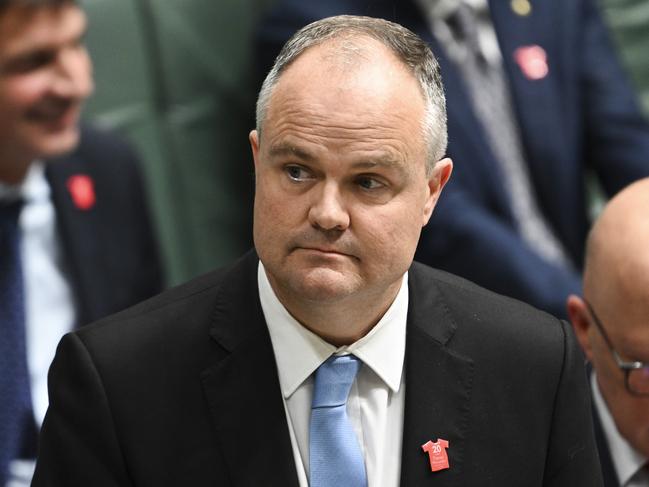
Opposition energy spokesman Ted O’Brien said “these soaring prices confirm that Labor has officially broken its promise to reduce household power bills by $275”.
“Labor’s energy relief package is a one-off shot in the arm rather than the ongoing price reduction they were promised,” Mr O’Brien said.
“As long as Labor maintains its all-eggs-in-one-basket ‘renewables only’ plan, energy prices will continue to soar,” he said.
“Cheaper, cleaner and consistent 24/7 electricity can only be delivered with the Coalition’s proposal for a balanced energy mix, including renewables, gas and when coal retires from the system, zero-emissions nuclear energy.”
Soaring thermal coal and LNG prices in the wake of Russia’s invasion of Ukraine, supported by strong demand for iron ore and steelmaking coal, helped Australia’s export earnings reach a record $466bn in the year to June 2023.
Despite budget forecasts of a relatively rapid decline in the prices for key commodities, total export earnings are estimated to have dropped by only 10 per cent in this financial year, to $417bn, according to the latest quarterly report from the Department of Industry, Science, Energy and Resources.
The nation’s export bonanza that has driven the first back-to-back surpluses in 16 years has faded, but will not collapse, the report suggested.
“Continuing falls in prices for bulk commodities such as iron ore, coal and LNG are expected to bring earnings down to around $356bn by 2025–26,” the DISER report says.


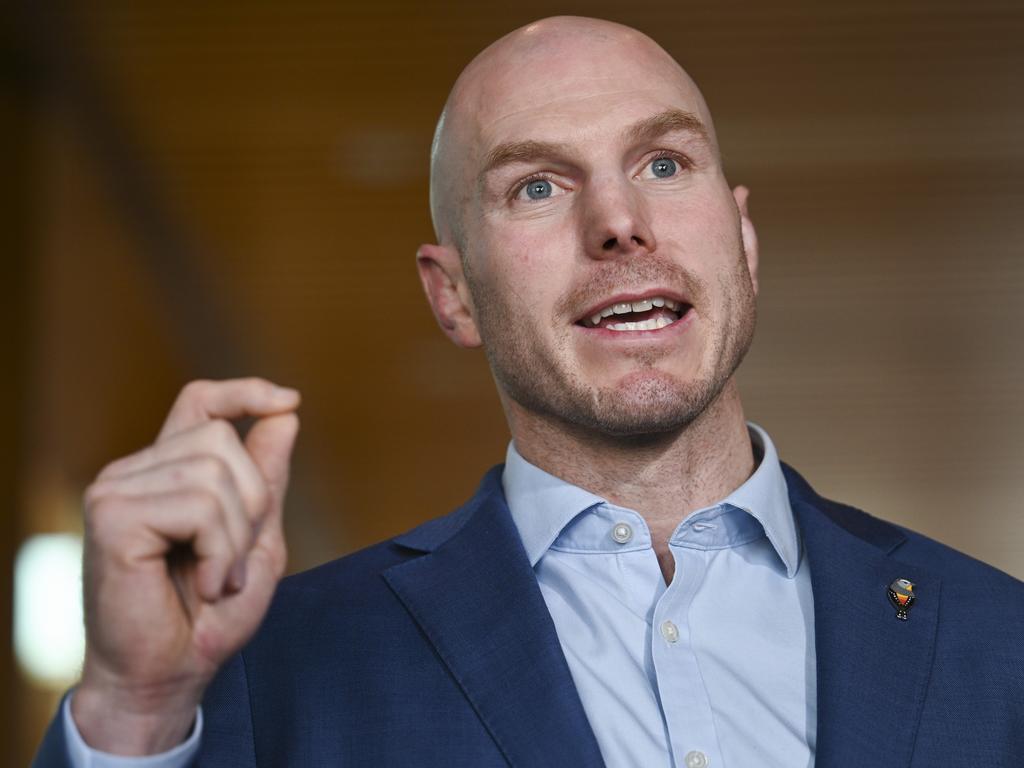

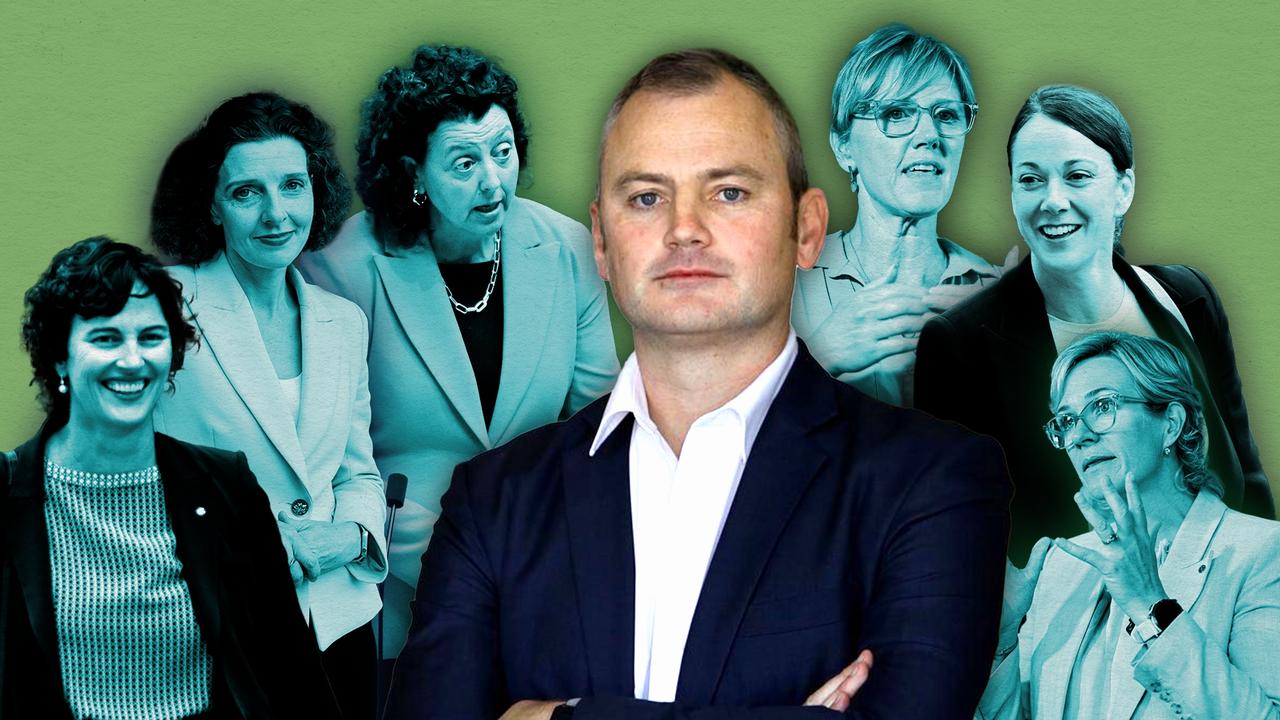
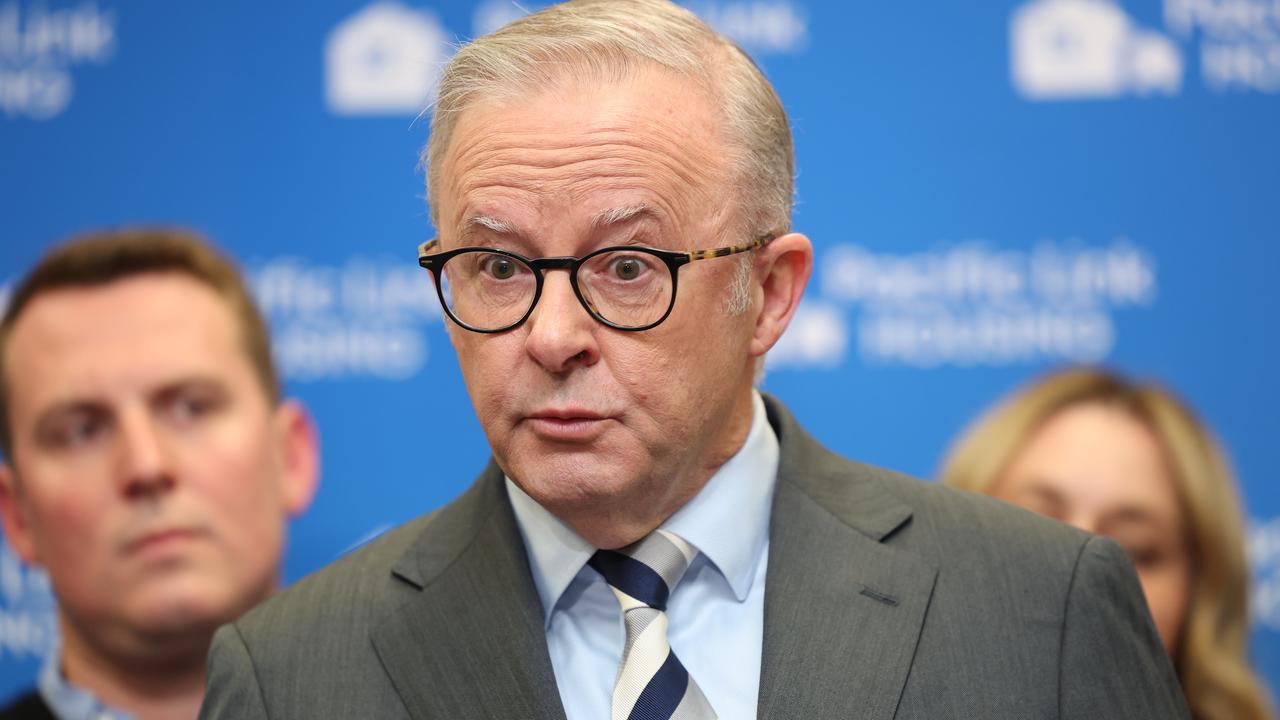
To join the conversation, please log in. Don't have an account? Register
Join the conversation, you are commenting as Logout